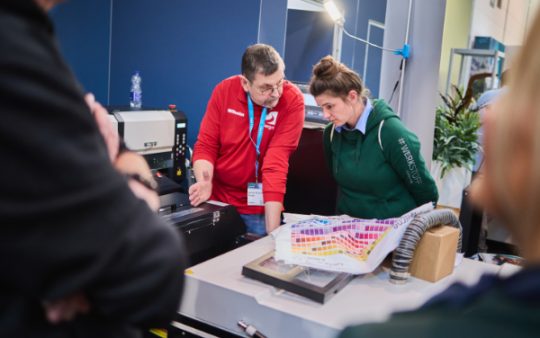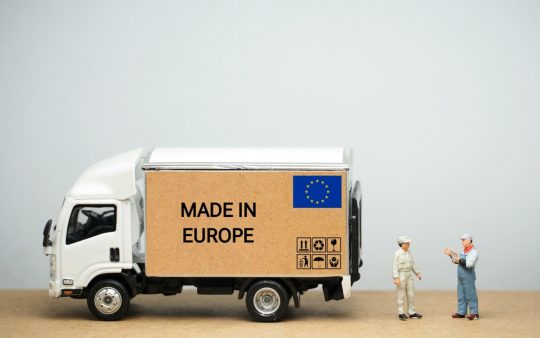Digital Product Passport: Another challenge

Published on 17.09.2023
Editorial by Manfred Schlösser, Editor-in-Chief of PSI Journal
Suppliers, distributors and even consumers are familiar with the “European Green Deal” and the “Circular Economy Action Plan” as strategy papers of the European Union. Even if not all the details can be recited in extenso. It is about circular economy, about transparency along the production and life process of a product and it is about making this data available on a central database for all actors in the economy and society.
The new digital product passport (DPP) is mentioned in both papers as an essential element of a climate-friendly and resource-saving economy. The aim of the passport is to provide all information on the origin, production, composition, reparability and proper disposal of a product. To this end, a digital twin of a product is created, if you want to explain it this way. It is a virtual model that exactly mirrors the physical product in question – in other words, a product twin.
Today, much of this data is already known and can be retrieved, not always completely, but always on separate formats of the suppliers and often in different digital worlds. The central bundling in the DPP will standardise this technologically. For the inventors of the DPP, the advantages are obvious: manufacturers should be able to plan better and more efficiently because they can track every phase of the creation and composition of a product and thus optimise it. Consumers should also have insight and choose more environmentally friendly products. For some suppliers, this is going too far, because the processes could lead to secret product knowledge falling into the wrong hands. Some are worried about the bureaucratic challenges to be expected. But the inventors promise that the DPP will be easy and quick to implement.
The first sectors are already starting to implement it, and by 2027 all sectors across Europe will have to comply. This is not easy for the promotional products industry, because its products are at home in many sectors. It will be a task for the associations in Europe to communicate this transparently and in a timely manner. As always, the big companies will be and have to be pioneers. Let’s rely on the advantages, because the DPP must be implemented Europe-wide.
Manfred Schlösser, Editor-in-Chief PSI Journal
You can read a detailed article on the topic of the digital product pass in the October issue of the PSI Journal.














